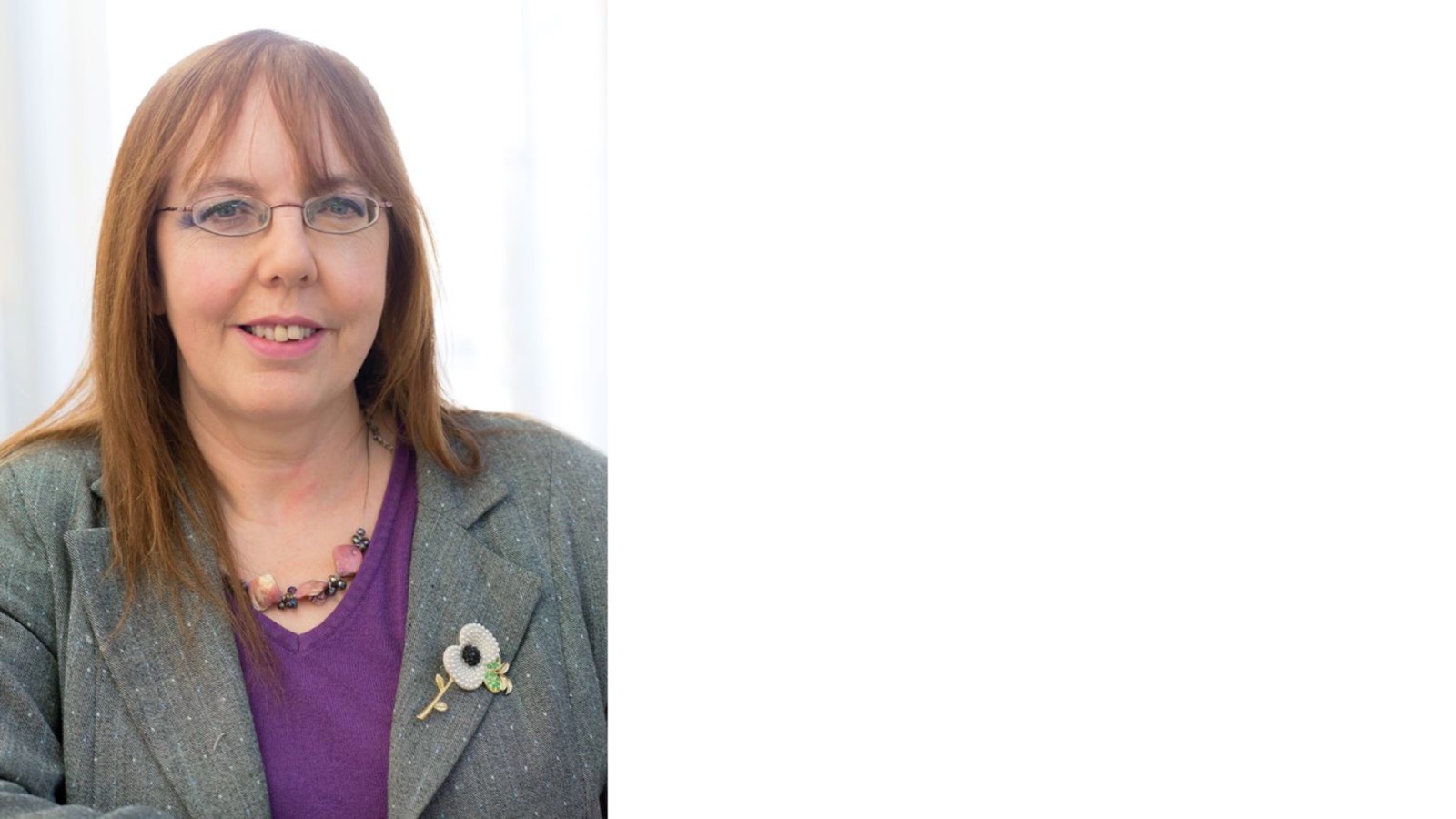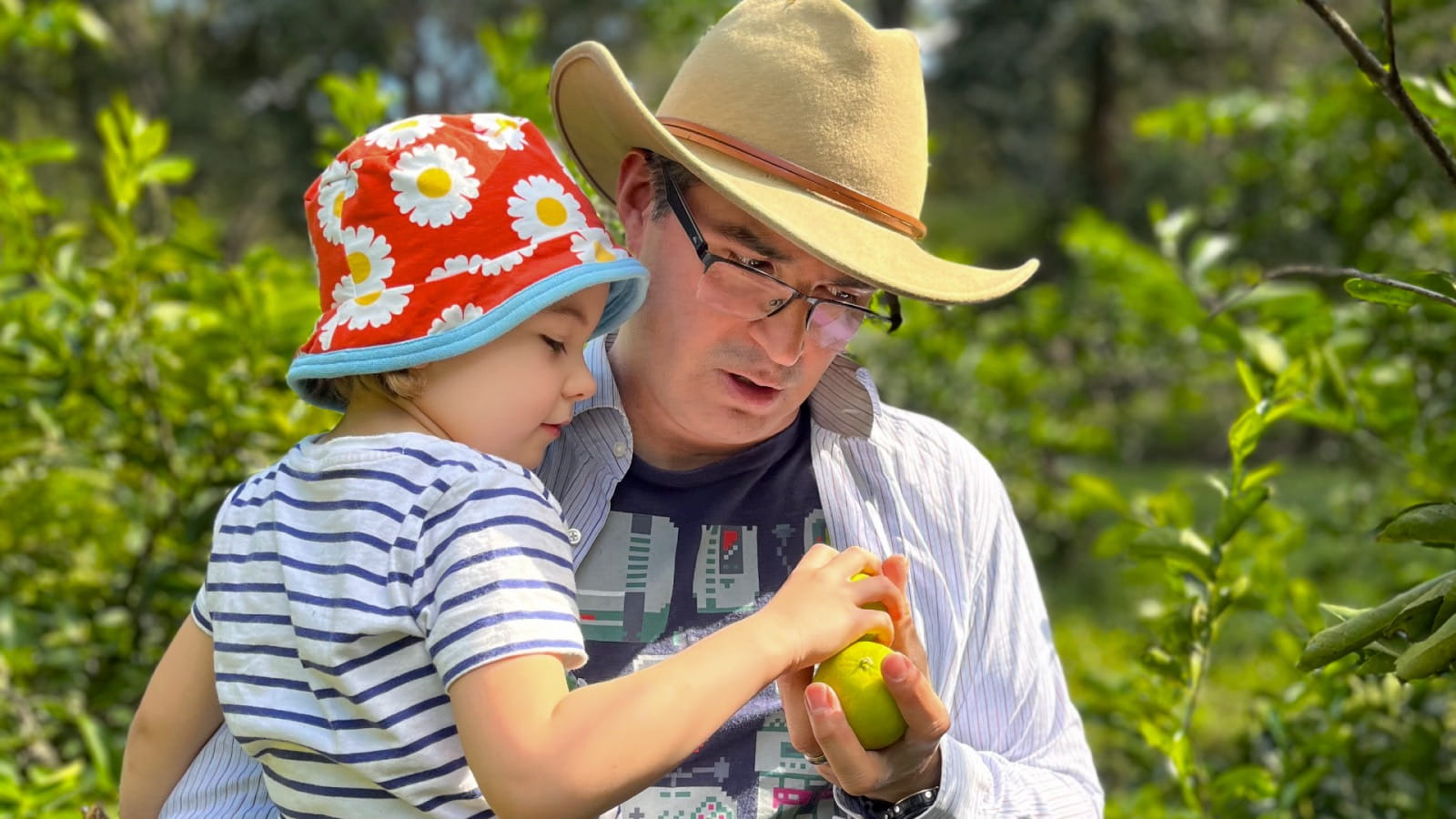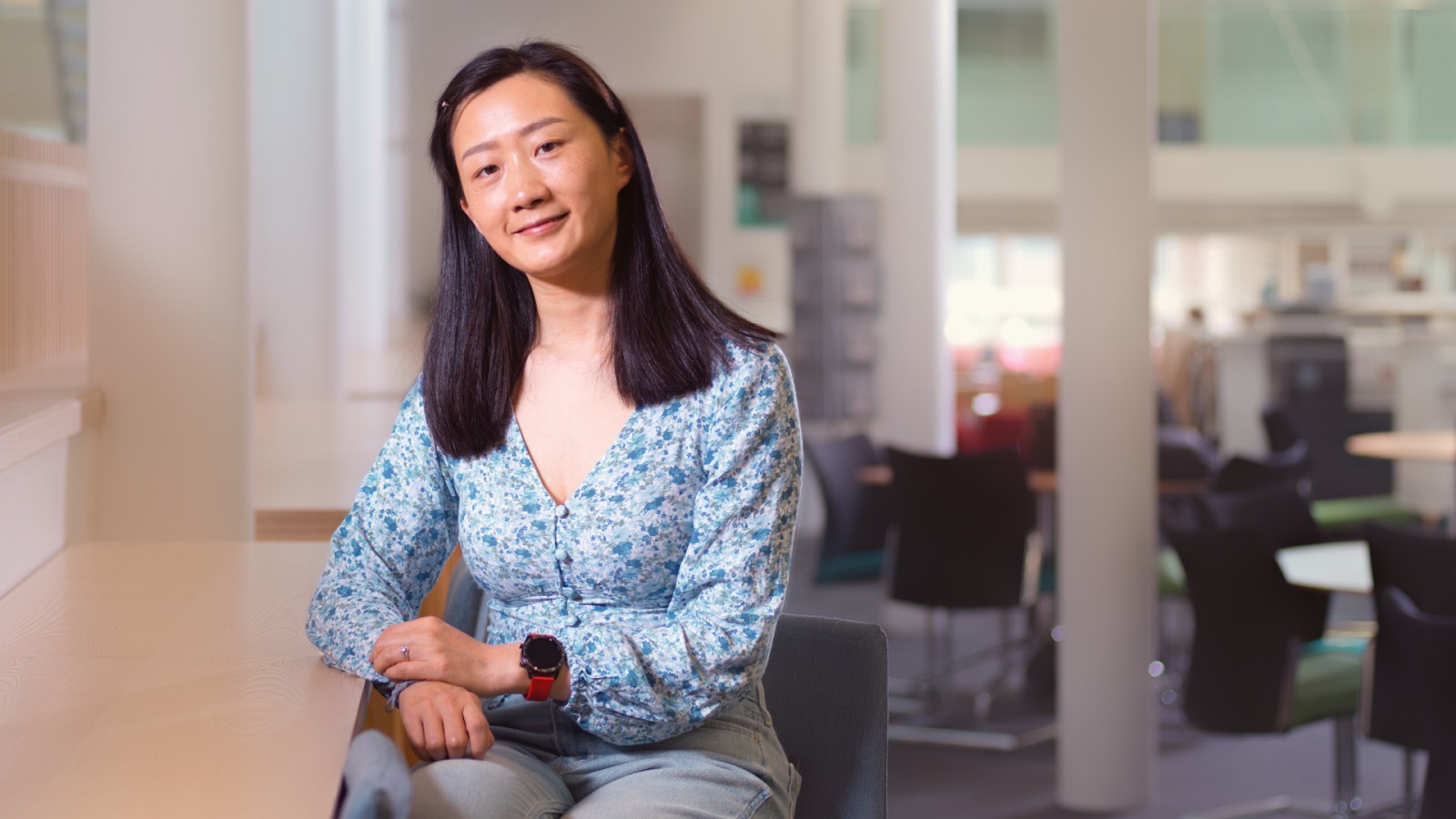Like Dr Ge, Mr Brian Gregory, a successful fire safety entrepreneur turned Senior Teaching Fellow, believes sharing knowledge and real-world experience is key to successful entrepreneurship.
He has grown the University’s Entrepreneurs in Residence Network which links business leaders in different countries, industries, and markets with students to a worldwide phenomenon. The entrepreneurs help enhance classroom learning by bringing theory to life, offering insight into real-life challenges and experience from the front line of business, in markets all around the world.
Mr Gregory said: “When I took over, we had 40 members who were mostly white and all based in the UK, which is great, but I wanted our students to see entrepreneurship around the world and in people from different backgrounds.
“Entrepreneurs offer so much to our school and to other students around the world. They act as mentors, are sometimes there in lectures, and are on hand for the unique problems students face. Our entrepreneurs aren’t necessarily the stereotypical, polished business people you might imagine – it’s very much about their spirit and who our students will engage with.
“We now have 20 per cent of members from overseas with over 30 per cent from diverse backgrounds and last year we delivered 42,000 student hours to 5000 students and Year 11 pupils.”
Working in partnership with the Global Business School Network (GSBN), Lancaster’s Entrepreneurs in Residence network took to a global stage in 2021 in a bid to create a pool of entrepreneurs that could help students, researchers, lecturers and business in all corners of the globe.
Lancaster’s Entrepreneurs in Residence network has played a part in many students establishing their own businesses post-graduation and is strengthening links with schools and universities around the world including in Egypt, Pakistan, Finland, and Australia.
















